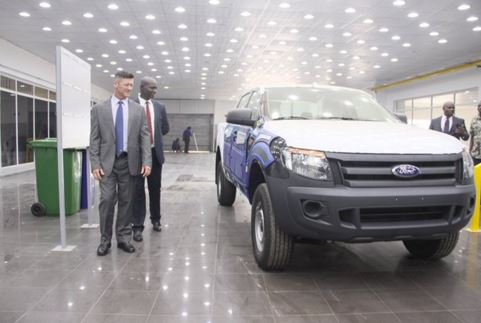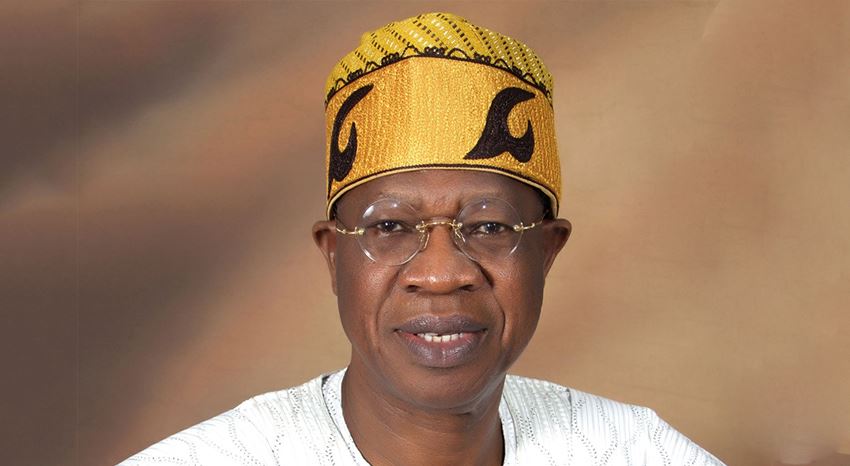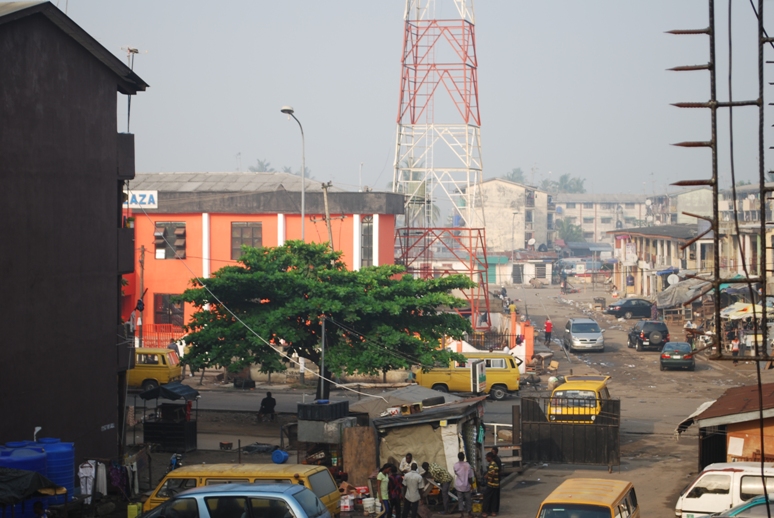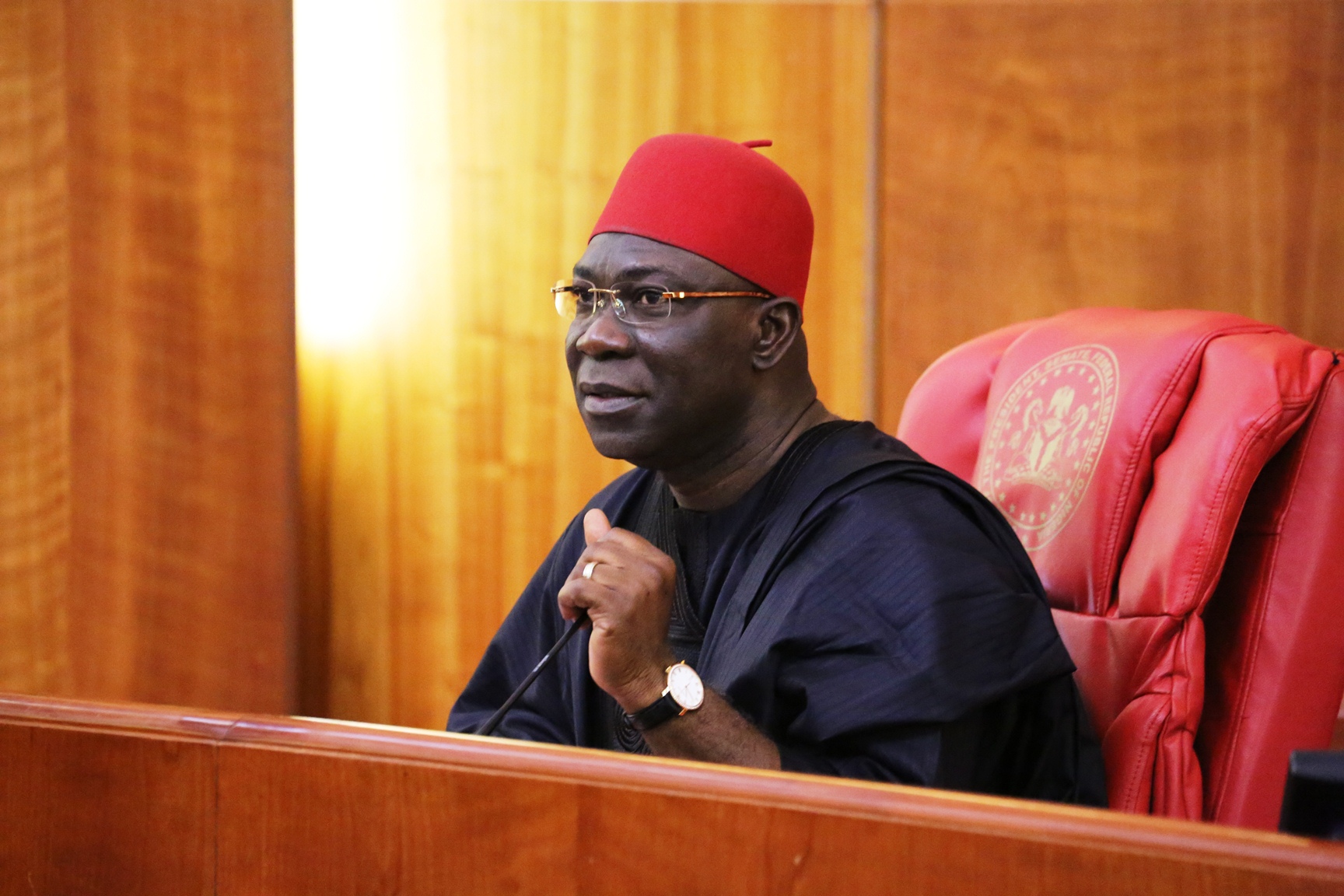The Nigerian subsidiary of Ford motors has unveiled its first made-in-Nigeria sport utility vehicle (SUV), Ford Ranger.
“Congratulations Nigeria! We’ve unveiled the first #FordRanger to come off our new assembly line in Nigeria,” Ford announced on Twitter.
Ford joins Volkswagen, Peugeot and 30 other automobile companies to have signed commitments to begin assembly in Nigeria, a PricewaterhouseCoopers (PwC) report confirmed in October.
The report, which focused on the Nigerian automobile industry revealed that the country has the potential to become the hub of Africa’s automotive industry.
Advertisement
Titled Africa’s next automotive hub, the report focuses on reviving the automotive industry through the National Automotive Industry Development Plan (NAIDP).
“The report noted that the new policy has attracted a number of top automotive brands into the country with three already commencing assembly in the country as at 2015,” a PwC statement read.
“It pointed out that 30 other brands have signed commitments with technical partners and have already obtained licenses to assemble passenger cars, sports utility vehicles (SUVs), buses and trucks in the country.”
Advertisement
The report went on to reveal that Nigeria spends as much as N683 billion (US$3.45b) on annual imports of 100,000 new vehicles and 300,000 used ones, popularly regarded as Tokunbo.
As advised by PwC, an intervention in the automobile industry, which currently employs 2,600 workers, can create as much as 70,000 direct jobs and 210,000 indirect ones.
Andrew Nevin, a partner with PwC Nigeria and co-author of the automotive report, said a full implementation of NAIDP can lead Nigeria to complete car production by 2019, phasing out Tokunbo by 2034.
“In the first scenario, which projects rapid growth, the proper implementation of the National Automotive Industrial Development Plan (NAIDP), especially with the protection of the borders and strong government support, puts real GDP growth at 6.6% till 2020, 5.1 percent till 2030 and 5.4 per cent till 2050 making it among the ten largest economies by 2050,” he said.
Advertisement
“This scenario predicts that Completely Knocked Down (CKD) Production will begin in 2019, manufacturing will start in 2023, Tokunbo (used imported vehicles) will be phased out by 2034, while Semi Knocked Down (SKD) will no longer exist by 2035”.
He went on to add two other scenarios which would phase out Tokunbo in 2040 and 2044 respectively.
“The second scenario projects medium growth in the situation that there is partial implementation of the National Automotive Industrial Development Plan (NAIDP) by subsequent administrations with moderate government support.
“Here, real GDP growth is 6.6 percent till 2020, 5.1 percent till 2030 and 5.4 percent till 2050 making it among the 10 largest economies by 2050. In this scenario, Completely Knocked Down (CKD) Production will begin in 2019, manufacturing will start in 2025, Tokunbo (used imported vehicles) will be phased out by 2040, while Semi Knocked Down (SKD) will cease to exist by 2041.
Advertisement
“The third scenario, which is pegged at slow growth with inconsistency in government auto policy resulting in the stagnation of the industry and minimal government support, has real GDP growth at 5.6% till 2020, 4.1 percent till 2030 and 4.4 percent till 2050.
“With the industry at the risk of stagnation, Completely Knocked Down (CKD) Production will begin in 2024, manufacturing will start in 2030, Tokunbo (used imported vehicles) will be phased out by 2044, while Semi Knocked Down (SKD) will be phased out in 2045.”
Advertisement
The report also revealed that 63 percent of Nigerian households cannot afford to own their own car, without some sort of support.
Advertisement
Add a comment







